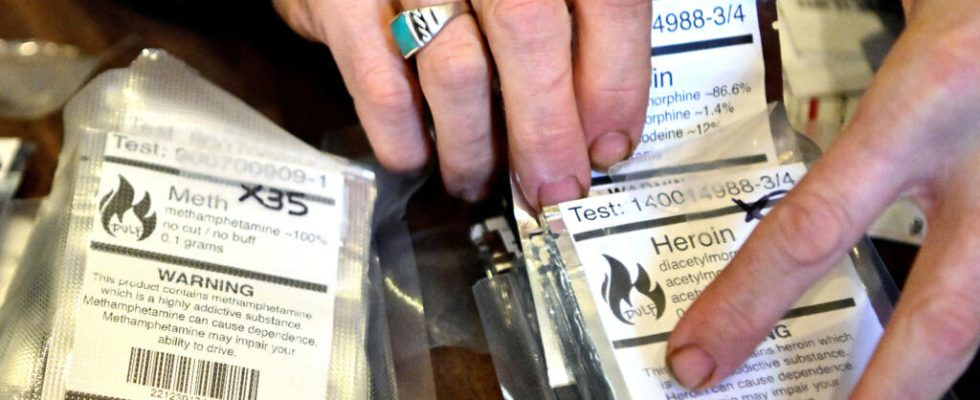Last year, British Columbia, a province in Western Canada, made the decision to allow the consumption of certain hard drugs such as cocaine, crack, methamphetamines in the streets, hospitals and parks. This three-year pilot project concerned the use of small quantities of drugs. Fifteen months later, the authorities are backtracking. They called on the central government to once again criminalize the possession of these drugs.
3 mins
From our correspondent in Quebec,
For several months, the coexistence between the general public and users of drug in Vancouver at Canada and in the main cities around it is deteriorating. People can no longer stand seeing homeless people injecting themselves on the sidewalks of shopping streets, on the beach, in parks or playgrounds where children hang out. It has truly become a public health issue. Even nurses in hospitals complain about having to protect themselves from the crack fumes that patients smoke.
Citizens’ discontent has hit municipal elected officials hard, who have tried to limit access to drugs in public spaces. Except that the Supreme Court of British Columbia upheld the pilot project by allowing the use of drugs in small quantities. In the eyes of lawyers, it is a way of protecting drug addicts who are less likely to suffer fatal overdoses by hiding from the police.
A debate that has become very political
The Prime Minister of this province addressed the Canadian government and its Minister of Health to ask it to once again criminalize drug possession. And that’s what she did a few days ago, however, authorizing drug consumption in supervised injection centers and shelters. However, in the meantime, the debate has become eminently political.
The leader of the Conservative Party, who has the wind in his sails in the polls, suggests that Prime Minister Justin Trudeau does not care about public safety, that he is showing laxity towards drug addicts. He even accused him of “ crazy » during a question period in the House of Commons, which resulted in Pierre Poilièvre being expelled from Parliament for 24 hours. All this argument, based on law and order, propels the leader of the Conservative Party a little further into the lead in voting intentions for the elections which will take place this fall.
Also listenCannabis: assessment, decriminalization and legalization in Canada, Portugal and Morocco
How can we explain the failure of the pilot project?
Health experts suggest that the government of this province has not completed its reform. Allowing addicts to consume their drugs without ending up in court is not enough. We must also support them to offer them health care to enable them to escape their dependence. But unfortunately, the means put in place to achieve this remain largely insufficient.
It must be remembered that British Columbia is facing an unprecedented crisis in the consumption of opioids, a very powerful drug, which kills seven people per day in this province. Health services therefore find themselves overwhelmed by demand. And banning the use of drugs in public spaces may not change the situation much.
Read alsoCanada: the increase in deaths from drug overdoses worries
